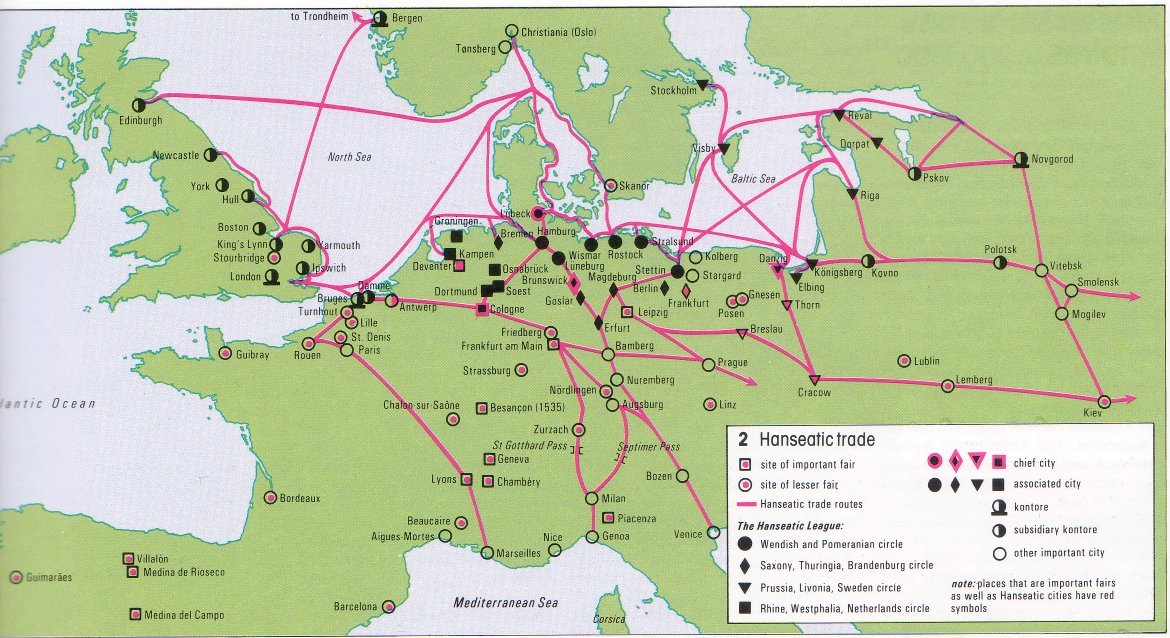Rahim Taghizadegan is an Austrian economist, author, and president of the Free Private Cities project.
I had the pleasure of listening to him give a talk here in South Africa recently.
In our conversation below, he explains:
- why city-states are a great idea for overall liberty and prosperity;
- how city-states have enjoyed a successful history for many centuries;
- why more people should know about the Hanseatic League; and
- why European countries are going to soon end up like African countries.
The Hanseatic League

In some ways, the Hanseatic concept strikes me as being superior to secession because it is primarily based around pragmatism such as trade and common interests, while secession relies on political negotiations and geographical borders.
To be clear, I am not opposed to secession. I support secession anywhere and for any reason, so long as it’s organically driven.
I just prefer the Hanseatic concept because it can (sort of) exist within any political system.

The Hanseatic League was a powerful economic and political alliance of merchant guilds and market towns that dominated trade in the Baltic and North Sea regions of Europe during the late Middle Ages and early modern period.
The League was founded in the 12th century and grew in influence and wealth throughout the 13th and 14th centuries, eventually comprising over 200 cities and towns across northern Europe.
Decentralised governance
A network of work, in other words.
The League’s primary purpose was to protect and promote the economic interests of its members through:
- the establishment of trade routes,
- the negotiation of favorable tariffs,
- trade agreements, and
- the use of military force to protect its ships and ports from piracy and other threats.
It played a big role in the economic and cultural development of northern Europe and its legacy can still be seen in many of the historic cities and towns that were once part of the alliance.

Hansa beer and Lufthansa are remnants of a bygone Hanseatic era.
In the modern era, nation states have effectively swallowed all city-states other than, perhaps, Monaco, Singapore and the Vatican City.
But that doesn’t change the fact that city-states – and private cities – celebrate decentralisation, prosperity and freedom.
Here is my conversation with Rahim.
The great city-states of history – from ancient Athens to Renaissance Florence and Venice – were built on a foundation of human liberty.
Milton Friedman





